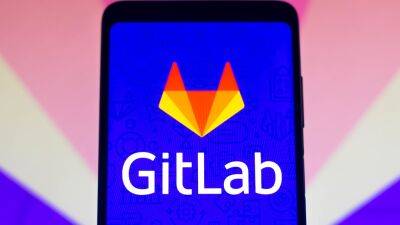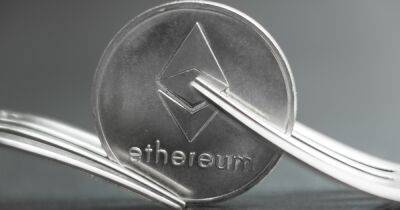OFAC-compliant blocks on Ethereum hit three-month low of 47%
The percentage of Ethereum blocks complying with orders set by the United States Office of Foreign Asset Control (OFAC) has now fallen to 47% — the lowest level since Oct. 11.
The latest milestone in reversing censorship comes nearly three months after the percentage of OFAC-compliant blocks peaked at 79% on Nov. 21.
OFAC-compliant blocks are those that exclude transactions involving parties sanctioned by the U.S. Treasury Department’s Office of Foreign Assets Control.
A fall in compliant blocks could be seen as a win for those who oppose censorship within the Ethereum ecosystem.
Blockchain consulting firm Labrys, the creator of MEV Watch, said in a statement thathe fall may be attributed to more validators opting to use MEV-boost relays that do not censor transactions in accordance with OFAC requirements.
MEV-boost relays act as trusted mediators between block producers and block builders, which enables Ethereum validators to outsource their block production to other block builders.
Lachlan Feeney, the CEO of Labrys, said in a Feb. 14 statement that he’s happy with how the Ethereum community has responded to the censorship issue since it first surfaced post-Merge.
He noted the recent fall in censorship-compliant blocks was particularly notable given it was achieved without a user-activated soft fork (UASF). He noted that “many members” of the Ethereum community had called for the soft fork prior to the Merge to combat censorship.
“I am incredibly proud of the Ethereum community for the progress we have made with this issue,” said Feeney, adding:
However, “there is still more work to be done,” Feeney stressed.
Related: Ethereum at the center of centralization debate as SEC lays claim
OFAC most notably sanctioned Ether
Read more on cointelegraph.com











